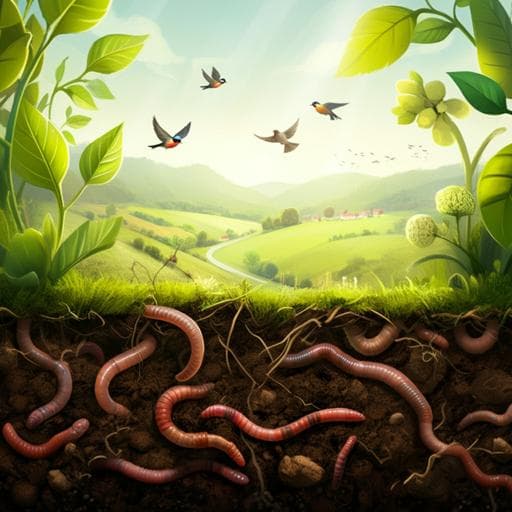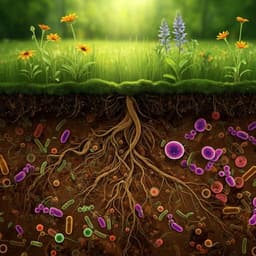
Environmental Studies and Forestry
Permaculture enhances carbon stocks, soil quality and biodiversity in Central Europe
J. Reiff, H. F. Jungkunst, et al.
This study reveals the remarkable benefits of permaculture, showcasing significant improvements in soil carbon stocks, quality, and biodiversity across Central Europe. Conducted by a team of researchers including Julius Reiff and Hermann F. Jungkunst, this research highlights permaculture as a promising approach for sustainable farming.
Related Publications
Explore these studies to deepen your understanding of the subject.







